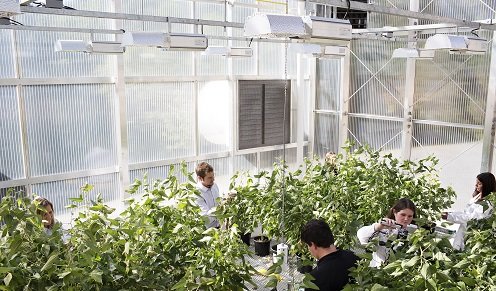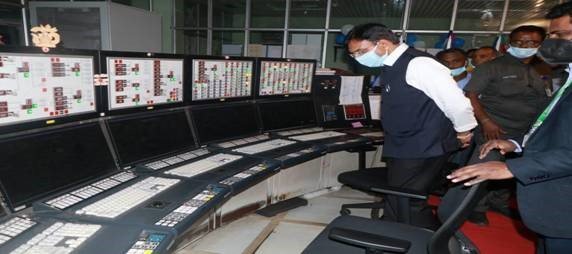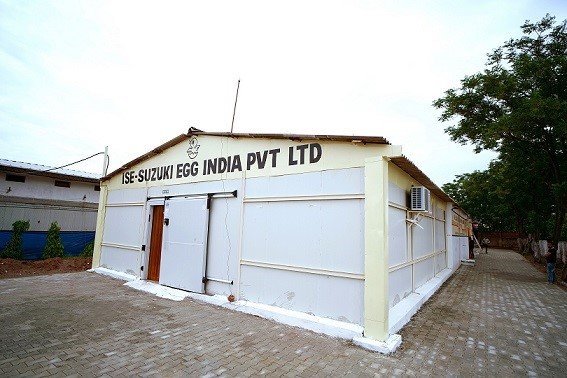Unapproved varieties of HtBt cotton seeds harming country’s cotton production, will hurt farmers in the long run.
The Federation of Seed Industry of India (FSII) has been informing stakeholders about the increasing usage of unapproved herbicide-tolerant Bt (HtBt) cotton seeds across the country that is posing threat to the health and income of the farmers. FSII requests the Government of India to approve the new HtBt variety to ensure that farmers get access to upgraded varieties coming through proper regulatory systems.
“Legally deregulating HtBt will help farmers in managing cotton crops much better as it will give them access to legally approve high quality HTBt seeds. This will give them superior weed control with lower labour and pest management costs and will save time. It will minimize crop loss and ensure yields,” Dr Shivendra Bajaj, Executive Director, FSII and Alliance for Agri Innovation (AAI) said.
Dr Bajaj further said that cotton farmers need technology support to compete globally. We believe the government will take cognizance of the matter and make the GM regulatory process predictable and science-based to help farmers and make India a major cotton producing country globally.
Crop varieties are constantly modified by proprietary companies to reverse yield losses that start surfacing after a few years of the first use of a variety. The objective is to make the seed capable of facing fresh pest challenges and thereby, improve yield.
“Cotton cultivation in India has a huge potential as well as scope for improvement that can be achieved by embracing new technologies such as HtBt cotton and introduction of new practices like High Density Plating System (HDPS) “, said Ram Kaundinya, Director General, FSII. He also added that Bt Cotton now covers 95 per cent of the cotton production area in India. In spite of these yield leaps, India is far behind the average global productivity compared to China, Brazil and USA. Recent decrease in yield and production is due to lack of adoption of new technologies and efficient agronomic practices, poor management of newer pests like pink bollworm and poor weed management. On the other hand, demand from the textile industry is growing rapidly. They need 45 million bales of cotton by 2026 while we are now stuck around 32 to 35 million bales production per annum. If we have to meet this requirement and also not sacrifice our cotton exports it is imperative that we introduce new technologies including HTBt, HDPS and eventually mechanical picking of cotton”
Given the delay in granting approval to the legal variant of HtBt seeds, farmers have been resorting to planting the illegal variety, sold at a 60% premium over the government-fixed price of Rs 810 per packet for regular Bt cotton, as the unapproved seeds help them in weed management and cut costs.
“Farmers have been illegally growing HtBt cotton since 2017, and the acreage is growing every year. This means farmers are in dire need of adopting the next technology. Farmers pay high prices and yet their crop is at risk due to quality issues with illegal seeds and no redressal mechanism,” said Dr Shivendra Bajaj. Since the illegal seeds contain unknown and unapproved traits, these could contaminate regular seeds, thereby putting legitimate seed growers at risk.
“Bt Cotton cultivation in India has completed 20 years. The farmers have immensely benefited from this technology and today, India is just behind China in cotton production. Several studies have been conducted to assess the impact of the adoption of Bt Cotton in India and all have found substantial increase in cotton yields, farmer’s profits and also a sizable increase in socio-economic benefits for rural households. The yields and productivity have been on an upward trajectory since,” said Kaundinya.
In the 2020-21 crop year (July-June,) the ministry of agriculture while fixing the price of a packet of Bt cotton-II abolished the trait value payable to the license holders (Bayer-Mahyco), thus allowing reduction in the prices to the farmers. Unless technology intervention is expedited, it will be difficult for India to meet the cotton requirement of 45 million bales in the coming five years.
Unapproved varieties of HtBt cotton seeds harming














